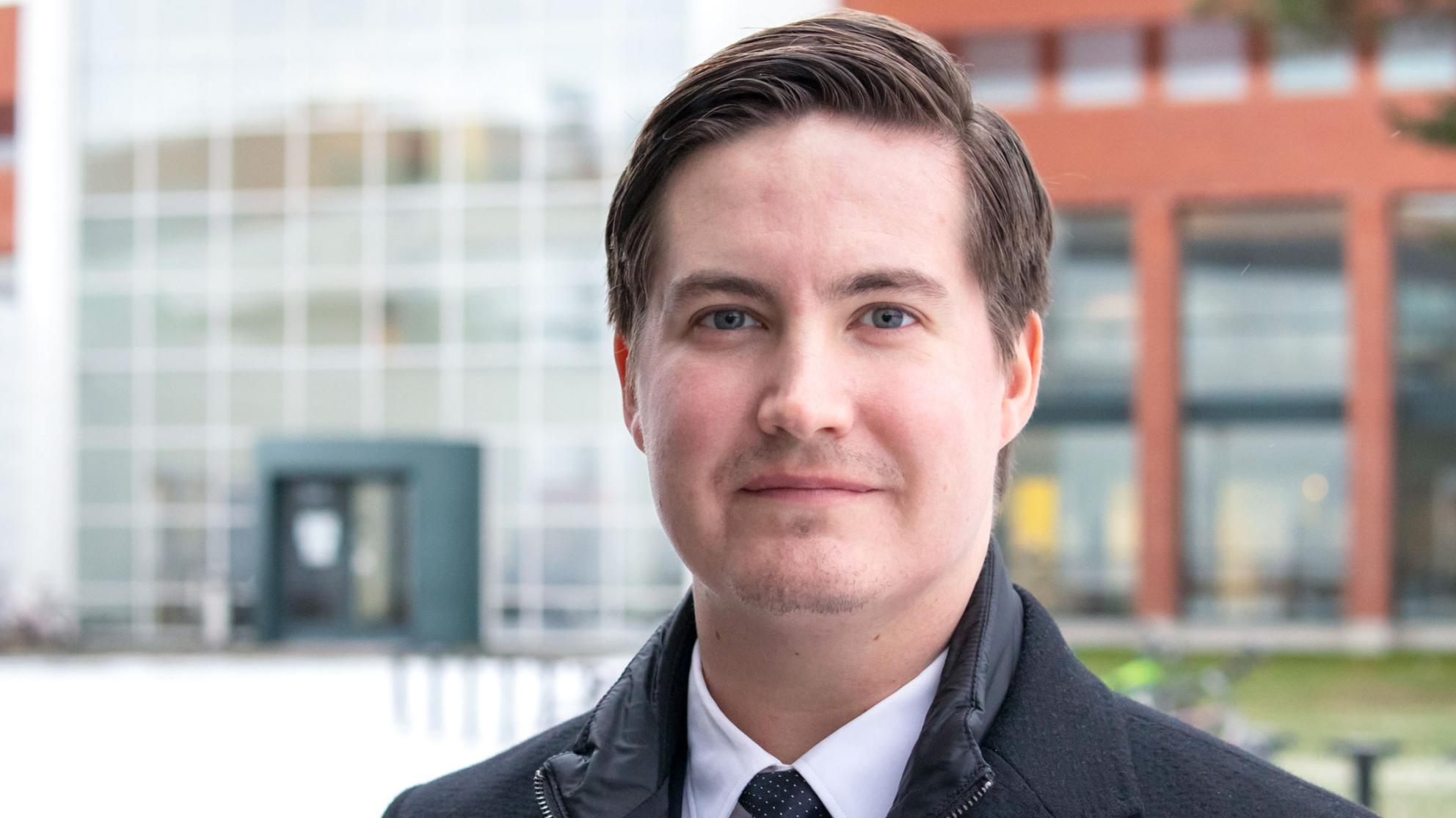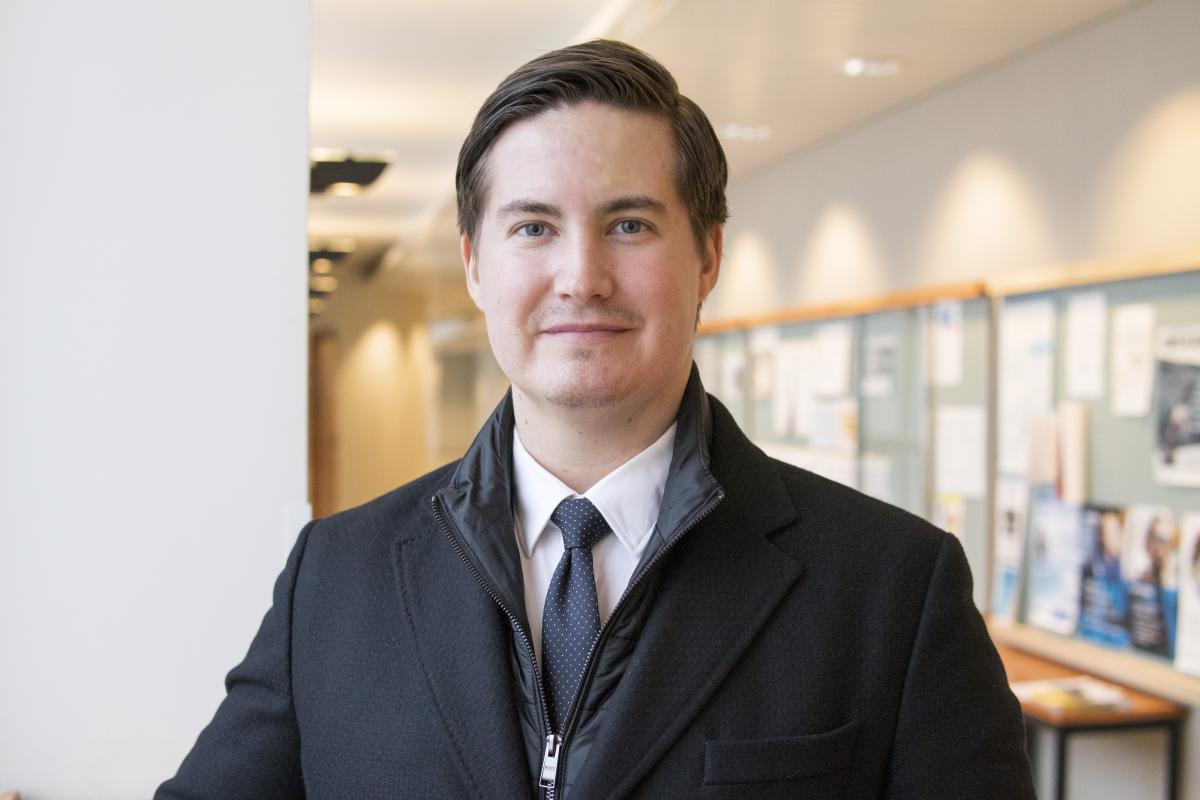Dissertation: Guaranteeing the outcomes of provided services is a challenging yet profitable business model for manufacturers

– Possibly the most renowned example of outcome-based services is Rolls-Royce’s TotalCare-concept, in which the company guarantees flying hours as a service instead of selling the aircraft engines, says Korkeamäki.
According to Korkeamäki, the demand for the given services is increasing.
– The company has reported more than 90% of all Rolls-Royce Trent engines are sold with the TotalCare service option. On the flipside of that coin, as their income is a function of the flying hours of the customers, the company has been on the ropes due to the COVID-19 pandemic.
Regardless of the inherently higher risks, however, Korkeamäki’s dissertation shows that outcome-based services are a profitable service business strategy for manufacturers in general.
– Although manufacturers take significantly higher risks when guaranteeing outcomes, our empirical research finds longitudinal evidence regarding better profitability of outcome-based service providers relative to corresponding manufacturers that do not offer the services in question.
One of the possible explanations to the observed effect is that the increased accountability of the service provider allows them to optimize the outcome production resource-consciously. Outcome-based services can thus contribute to the sustainability agenda as well.
– In the traditional, reactive service business the provider lacks practical incentives to pre-empt equipment breakdowns since the repairs and spares directly contribute to their revenues. In outcome-based services, the logic turns on its head: because the customer only pays for outcomes achieved it is in the provider’s financial interest to achieve the outcomes as resource-effectively as possible, Korkeamäki argues.
The dissertation consists of four articles that use methodologies ranging from empirical econometric research to qualitative single-case studies. The data collected for the dissertation includes 83 research articles on the topic, 14 756 observations of 1 566 manufacturing firms and 31 interviews with managers in an outcome-based service provider firm.
The dissertation also shows that the given advanced services go by varying names depending on the context and academic discipline but that the two most prevalent names are “performance-based contracting” and “outcome-based contracting”.
– I argue that the latter should be preferred to the univocality of the word “outcome”. For example, in addition to the action of completing a task, the word “performance” can refer to the mechanical performance of a machine. In addition to mechanical performance, the customer typically pays for its availability or even for the economic value that results from the earlier two, Korkeamäki says.
Achieving outcomes requires investments
The dissertation elaborates some challenges and requirements for successful outcome-based service business.
– Industrial outcome-based service offerings are endemically complex and tailored. This makes them challenging in terms of economies of scale. Indeed, we observed that the size (turnover) of outcome-based service provider firm negatively affected his/her profitability.
According to Korkeamäki, service-oriented research and development investments can mitigate the associated diseconomies of scale.
– We found that R&D investments moderated the negative relationship between scale and profitability. We suggested that modular service development and digital servitization technologies, such as adaptive preventive maintenance, are potential targets for investments.
The customer-provider relationship changes
Compared to a reactive service relationship, outcome-based services bring the provider closer to the customer.
– The provider no longer disappears after completing the repair or maintenance work only to return upon a request. Instead, they either run the customer’s operations themselves or guide them in a more consultative manner.
Whilst the closer relationship with the customer is a competitive advantage in a strategic sense, Korkeamäki warns about opportunism and legitimacy struggles.
– When the offering involves a capital-intensive system, such as a power plant, the customer (often through a special purpose vehicle) usually remains as the majority shareholder of the facility. As an owner, nothing inhibits the customer from monitoring provider activities and learning to produce the outcomes themselves. Subsequently, the provider’s role as a value-adding partner may erode.
Korkeamäki argues that the provider can defend and re-create their legitimacy through different discursive legitimation strategies.
– The provider can rationalize their pivotal role as an innovator of technology, emphasize their connections to other authorities of the network, and provide examples of potential and ideal future opportunities. These strategies aim to increase customer’s trust in provider’s competence, says Korkeamäki.
– On the other hand, the provider can also thrive to build more traditional trust in their intentions, for example, by stating that they are open to sharing economies, elaborating on the fairness of their involvement based on their responsibilities, and by demonstrating honesty by admitting the limits of their expertise.
Public defence
M.Sc. (econ & bus.adm.) Lauri Korkeamäki’s dissertation (management) “Manufacturer Perspectives on Outcome-Based Service Offerings: Essays on the Concept, Financial Consequences and Customer Relationships.” will be examined on Friday 19.11.2021 at noon at the University of Vaasa, T306 auditorium in Tritonia. Professor Christian Kowalkowski (Linköping University) will act as the Opponent and Professor Marko Kohtamäki (University of Vaasa) will act as the Custos.
Korkeamäki, Lauri (2021). Manufacturer Perspectives on Outcome-Based Service Offerings: Essays on the Concept, Financial Consequences and Customer Relationships. Acta Wasaensia 467. Väitöskirja. Doctoral dissertation. Vaasan yliopisto. University of Vaasa.
Dissertation pdf: http://urn.fi/URN:ISBN:978-952-476-979-2
Further information
Lauri Korkeamäki, p. +358 400 620 404, lauri.korkeamaki(at)uwasa.fi
Lauri Korkeamäki was born in 1993 Espoo, Finland. He received his Master’s degree in economics and business administration from the University of Vaasa in 2018. Korkeamäki is a project researcher in the School of Management of the University of Vaasa. He is also a visiting scholar at the Luleå University of Technology in Sweden.
